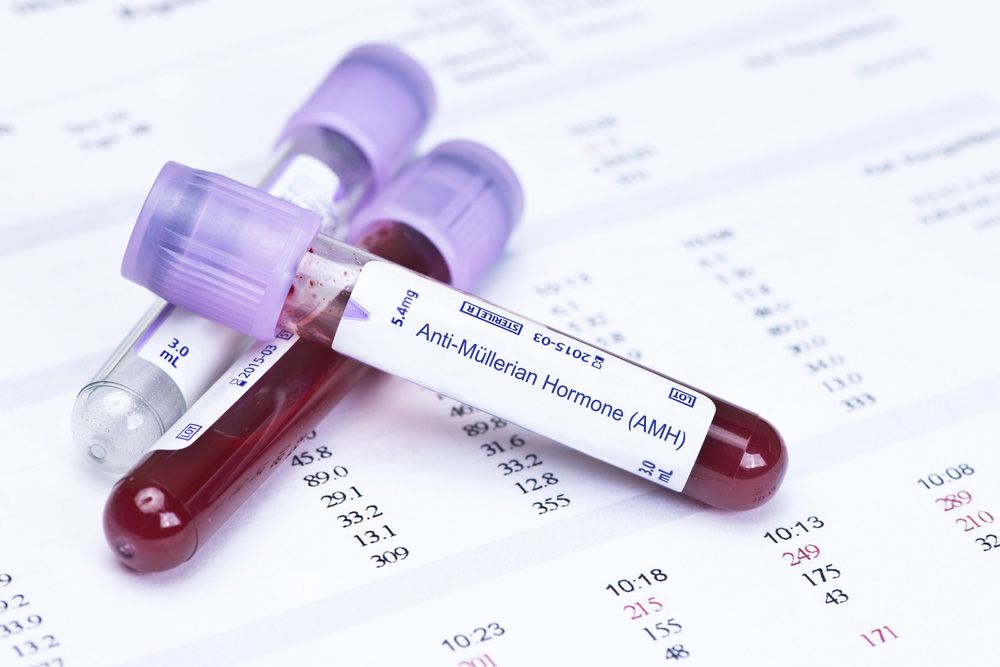Blood Tests and IVF: What Patients Should Know
 At Heartland Center for Reproductive Medicine, PC, we offer plenty of options for people who would like to start a family of their own. While our Omaha, NE office performed many procedures, in vitro fertilization (IVF) is still the most popular option for treating infertility. To ensure the success of IVF, a number of tests are performed before and after the procedure.
At Heartland Center for Reproductive Medicine, PC, we offer plenty of options for people who would like to start a family of their own. While our Omaha, NE office performed many procedures, in vitro fertilization (IVF) is still the most popular option for treating infertility. To ensure the success of IVF, a number of tests are performed before and after the procedure.
Dr. Victoria Maclin and her team would like to consider the various blood tests that are involved in the IVF process. This should give you an idea of what the procedure involves and what fertility specialists are looking for to improve the final outcomes of the procedure.
What a Fertility Specialist Is Checking
Whenever a blood test is taken, fertility specialists are looking at the hormone levels in a patient’s blood. By measuring hormones, a fertility specialist the ideal method of timing the fertility treatment, what fertility drugs to prescribe and and when, and what the most ideal treatment option is for a patient.
These blood test are done before the IVF procedure begins and then at the end of the process to determine if a patient is pregnant. Other tests may be perfumed as well to help ensure optimal outcomes during IVF.
Blood Tests Before IVF
Before the IVF process starts blood work is used to help measure the levels of follicle stimulating hormone (FSH) in a patient’s system. By noting the FSH levels in a patient’s blood, fertility specialists can get a gauge on a patient’s egg quality and egg reserve.
In addition to checking on FSH levels, the blood tests have other important functions. A fertility specialist can identify possible genetic disorders, diseases, viruses, and other adverse conditions through a blood test. These tests can also determine if there are any incompatibilities between blood types in a mother and father.
When Are Pre-IVF Blood Tests Performed?
The pre-IVF blood tests are typically performed on the second or third day of a woman’s menstrual cycle. Your fertility specialist will may have a different schedule depending on the nature of the blood test. This can be discussed in more detail during the consultation process.
Blood Tests After Embryo Transfer
Embryo transfer is the final stage of the IVF process. After an egg has been fertilized an undergoes cellular division, it is then transferred back into a woman’s uterus for implantation. A blood test will confirm pregnancy after embryo transfer. These blood tests will measure the hCG (human chorionic gonadotropin) in a woman’s system. hCG is the pregnancy hormone.
When Is the Pregnancy Blood Test Performed?
In most cases, the blood test to confirm pregnancy is performed about 11 or 12 days after embryo transfer is performed. If the blood test reveals that the patient is not pregnant, we can discuss starting another IVF cycle.
Learn More About Fertility Treatment
For more information about IVF and your many other fertility treatment options, we encourage you to contact our team of fertility specialists. You can also reach Heartland Center for Reproductive Medicine directly by calling (402) 717-4200. Our team is here to help you.






